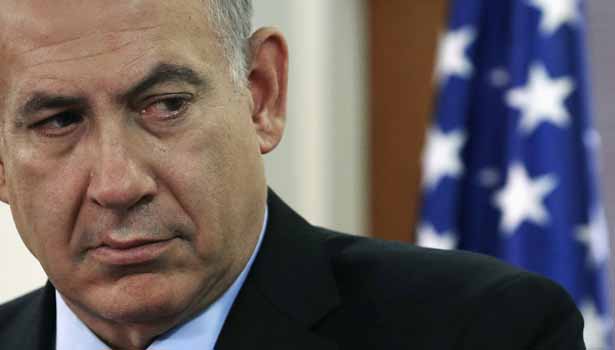Following reports of the involvement of a number of UN Relief and Works Agency (UNRWA) employees in the October 7 Hamas attacks against Israel – and sixteen UN member states pulling economic support from the agency – the UN commissioned a report, released this week, on the agency’s management and adherence to UN principles.
While reaffirming the UN’s position that UNRWA is “indispensable,” the Colonna report validates concerns about UNRWA’s governance, politicization, and the hijacking of the agency, its facilities, and its mandate for Hamas-led purposes. It also confirms that stronger safeguarding mechanisms are necessary to ensure neutrality and includes a recommendation for the formation of a governance board (currently there is none, and donors do not play any governing role), and recommends regular reporting on neutrality issues.
UNRWA, like all UN agencies, is called upon to adhere to the humanitarian principle of neutrality. Neutrality dictates that humanitarian actors must not take sides in hostilities or engage in controversies of a political, racial, religious, or ideological nature.
Rare for a UN report on one of its entities, the Colonna report acknowledges problems with how UNRWA operates, including the permissive environment on problematic content in textbooks, supplemental material and teaching content, the politicization of staff unions and the need to better vet and train staff, and the “misuse” of UNRWA facilities – including an allusion to storing weapons, building tunnels, and other activities unrelated to a humanitarian mission. We also await the results of the separate investigation by the UN Office for Internal Oversight Services into the participation of UNRWA staff in the October 7 Hamas-led attacks.
Insufficiently addressed in the report, UNRWA publicly demonstrates clear partiality. In a recent example, on April 20, UNRWA tweeted: “A child is killed every 10 minutes in the Gaza Strip.” This isn’t just a hyperbolic and cynical exploitation, it’s factually absurd. Such misinformation is biased, harmful, and does nothing to advance UNRWA’s mandate.
As the International Crisis Group has deemed UNRWA the “unofficial substitute for the state [of Palestine] in areas where it operates,” its role in both advancing or limiting Palestinian self-governance and resolving or perpetuating the Israeli-Palestinian conflict extends beyond the questions posed by the Colonna report. Sadly, UNRWA continues to act like an entity seemingly conceived to perpetuate rather than resolve the status of 1948 Palestinian refugees.
Despite the challenges with UNRWA, American Jewish Committee (AJC) is keenly aware that currently some two million Palestinian civilians in Gaza depend on aid from UNRWA. Although the serious issues with UNRWA must be further investigated and remedied, continued delivery of humanitarian aid to Gaza is essential, and next steps on UNRWA must be conducted in a manner that does not harm Palestinian civilians in need of humanitarian assistance. It is essential that the UN and the international community delineate between the emergency aid that UNRWA has provided since October 7 and the agency’s actual conduct and mandate.
UN Secretary General António Guterres accepted the Colonna report recommendations to improve UNRWA’s capacity to monitor and address neutrality issues. It is essential, for the credibility of the UN and for the future of the Israeli and Palestinian people, that these issues be fully and transparently addressed until a new framework for UN aid to the Palestinian people can be established, with a mandate, like that of other refugee programs, to facilitate the integration of the subject population in the lands in which they have settled.









